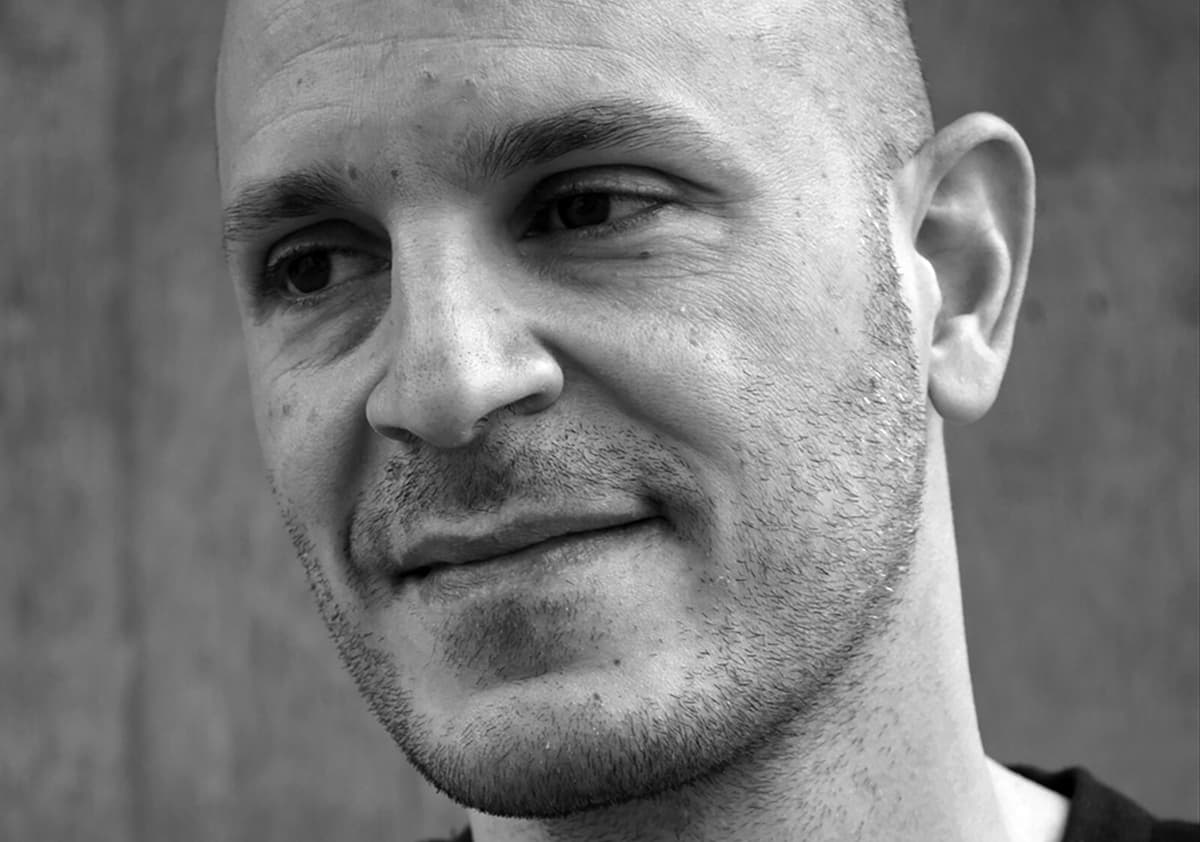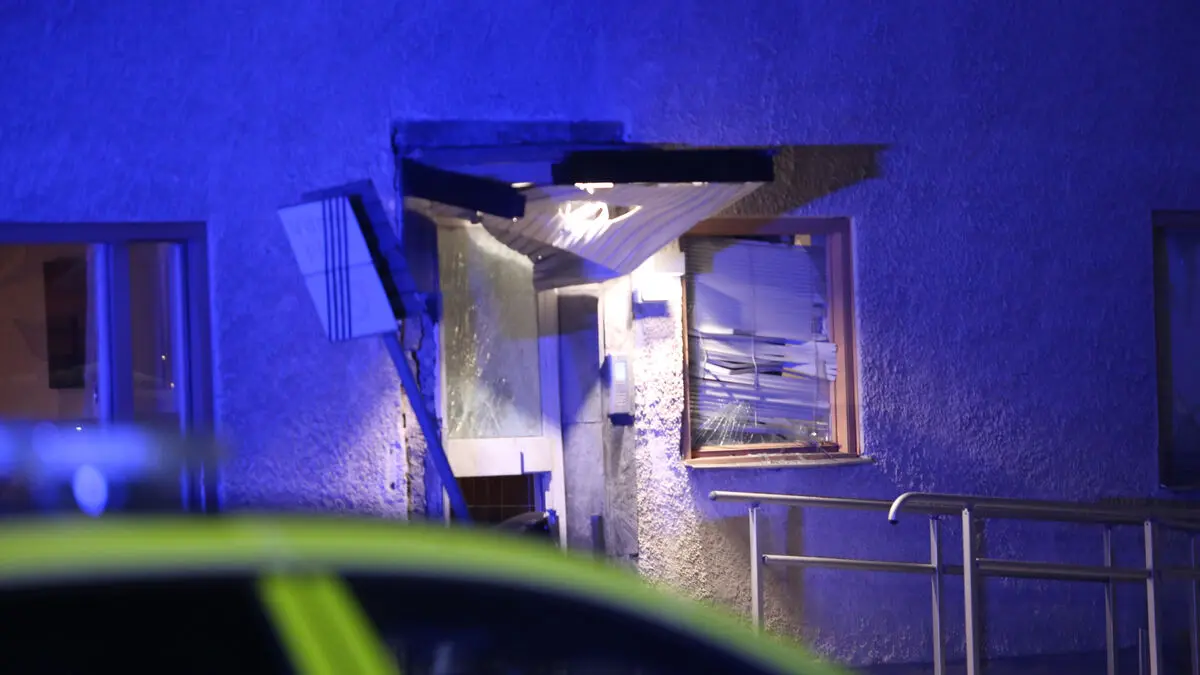Already in the first poem, Fady Joudah declares that he writes to highlight "what is not hard to see" in a world that despite this does not see. While bombs were falling over Gaza, he sought a language for the unspeakable – only in his family have 120 people been killed.
The beginning of the genocide gave clarity, it is as if you have been waiting for something nobody wants to wait for. It is not a life, to know that your annihilation is imminent while you are the only one – drastically expressed but true – who sees it, he says in a connection from Houston.
In reality, Fady Joudah does not want to talk to the media, he believes that the West has a "repellent" blind spot when it comes to the Palestinians' human dignity.
We as Palestinians in the West are already presented as an archive of what people who have survived genocide have to say.
Does not interpret
In the poems, Fady Joudah states "I am not your translator", with a paraphrase of the American author James Baldwin's "I am not you negro". The Western culture wants to use colonized people in that way, he claims.
Never as an equal observer, never as someone you can even imagine seeing something you yourself do not see.
In the poems, the sensual power of love becomes a way to survive civilization's cruelty. He thinks this seems to amaze some reviewers – as if love is "hard to imagine in a Palestinian or Arab". In the same way, Palestinian men are not allowed to be heroes either. The role for women and children is equally narrow – they are reduced to victims. But sympathy changes nothing, Fady Joudah sharply.
It deepens the bizarre evil where the society that produces the violence celebrates itself for its sympathy, and the possibility of expressing sympathy, so that it can forgive itself in the future. It does not ask its victims for forgiveness.
Painful
To travel around and talking about the poems is painful for Fady Joudah. Yet, it is worth it – if only one of a thousand understands deeply. But those who care must make an effort to understand Palestinians from their perspective, he emphasizes.
It is not even Westerners he writes for. In the poem "Dedication", he turns to "To those who were killed on their way to the tents. To those who were killed in their tents together with the cats they housed. To those who were killed in UN camps and schools."
Yes, it is to them. We can be "them" as humans. You can be I, we can be us. But then you must know who they are and who I am.
Born: 1971
Current: With the poetry collection [...] which he wrote in a few weeks. The poetry collection is nominated for the National Book Awards 2024 in the poetry category. The title is a pictogram – since Fady Joudah did not want to force the title into words.
Background: Has published six poetry collections and translated Mahmoud Darwish, Ghassan Zaqtan, and Maya Abu Al-Hayyat from Arabic to English. He is also one of the founders of the Etel Adnan Poetry Prize. Fady Joudah works as a doctor in Houston, USA.
Writes new: "Yes, I have not been able to stop writing. I do not want to write the same thing I have written, in the same language. But you see a whole world fumbling after language and images, and it matters to me. I am unable, but forced, obsessed, constantly overwhelmed by the unspeakable, so I have decided to make new choices in the poems. You conclude an idea about an idea in a book, and find yourself in the next book writing yourself out of that idea again. That is what I do, I try to write myself out of the pictogram [...]."
... the painful thing about touring with the poems:
To have to balance my lifelong love and respect for art with an awareness that a not small part of the audience cannot understand. They are there to translate me into news. If a society like the USA or whichever in Western Europe, were to see other people as carriers of what we claim is the most important in Western civilization – art – then it would be a possibility to see their humanity as complete.






